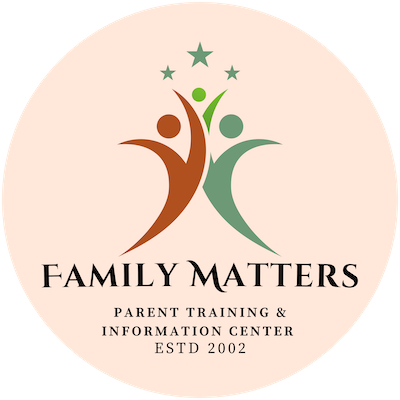Understanding conflict resolution in Illinois
It is not uncommon for disagreements to occur between parents and school districts regarding a child's special education services.
Special education dispute resolution is a process by which educators and parents resolve disagreements about an aspect of a child's education. Dispute resolution allows educators and parents to come to a consensus regarding what solutions should be brought to bear to help a child learn.
There are five options families and schools have to find a resolution to their dispute:
- Early Resolution - These disagreements can often be resolved at the local level with open communication between the parties. The process of resolving disagreements at the local level can be a quick alternative to using a state-sponsored dispute resolution system and can have the added benefit of improving communication between both parties in the future.
- State-Sponsored IEP Facilitation - Used to promote effective communication and prevent conflicts as a parent and school district develop a mutually acceptable IEP.
- State-Sponsored Mediation - Available anytime there is a disagreement between parents and educators about special education and/or related services, even if a written state complaint or due process has been filed.
- Written State Complaint - Available when there is a concern that a public agency has not followed special education rules and regulations. It may be filed on behalf of an individual student or a group of children.
- Due Process Hearing - Used to resolve disagreements relating to the identification, evaluation, educational placement, or provision of FAPE to a child.

